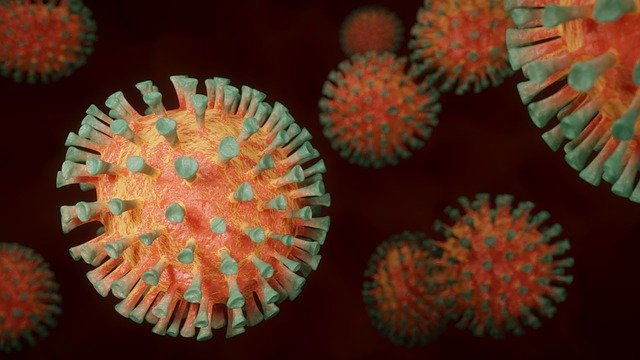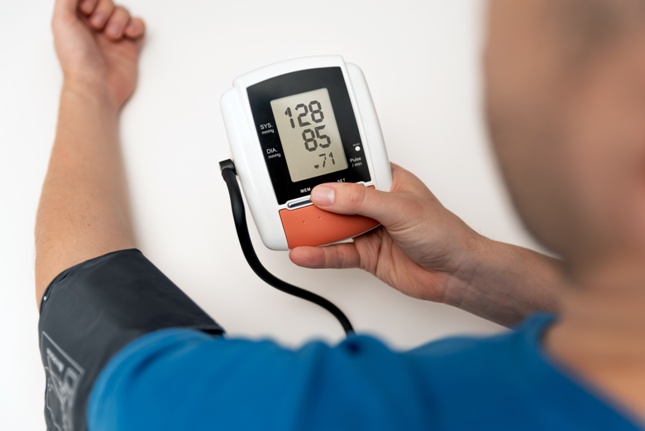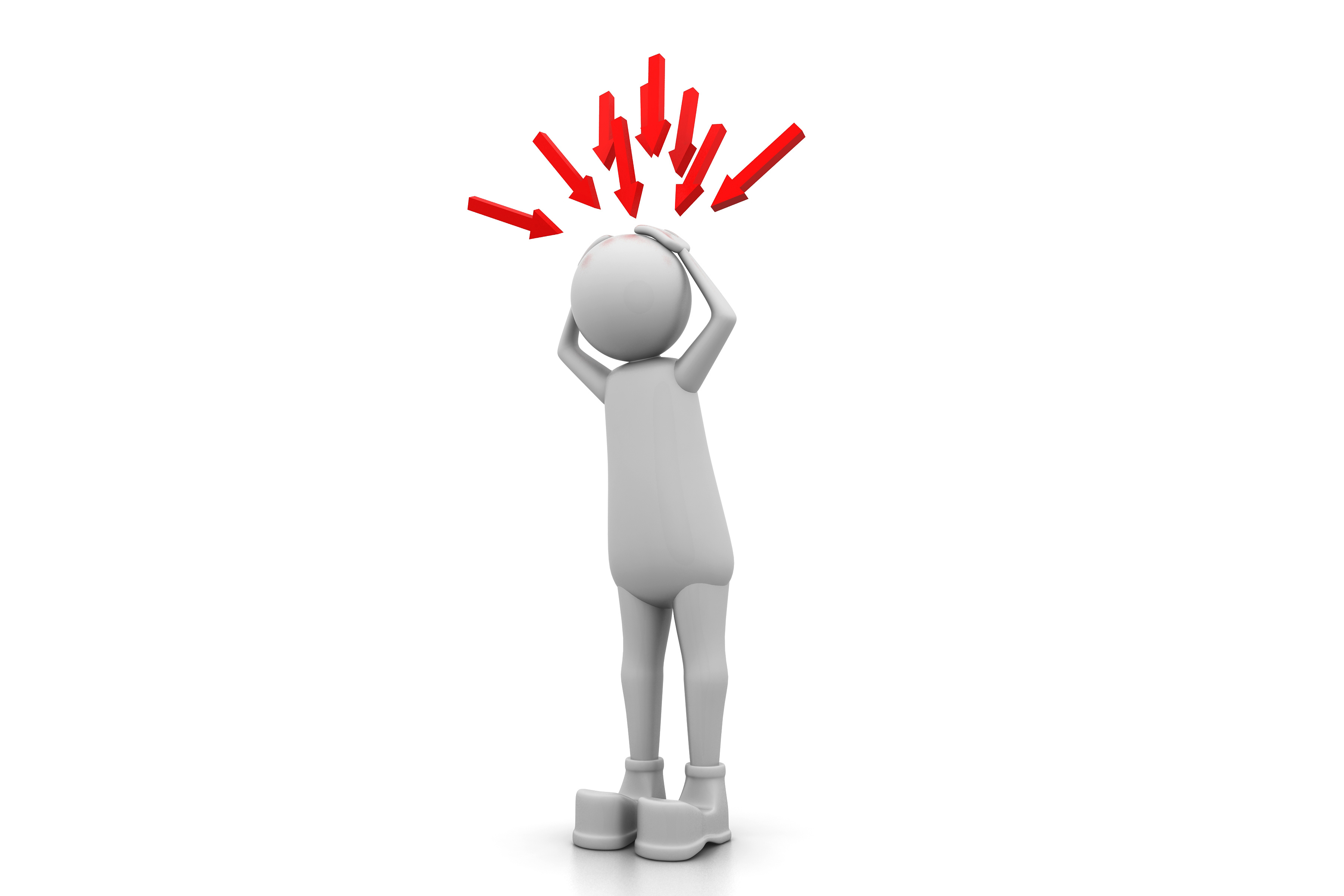Dental trauma is defined as injury to the teeth, periodontium (gums and the other structures that keep your teeth in place), and the accompanying oral soft tissue structures like the tongue and lips.
Dental trauma is very common, especially among the school-aged population. Beyond the initial injury, significant problems such as chewing food can create long-term issues. While not all dental traumas require emergency dental care, following up with your dentist is recommended to ensure proper healing will occur. Further, prevention and understanding how to handle a dental trauma situation can greatly improve outcomes of these common and preventable incidents.
Unfortunately, one third of preschoolers, one fourth of school children and one third of adults have suffered from dental trauma in their lives (1). The reasons for dental trauma in children are numerous and include falls from bike riding, running, general falls, sports participation at younger ages including soccer, football, baseball and swimming, ADHD, epilepsy and hearing/vision impairment.
Sports are a large contributor to dental injuries (2) and are to blame for the majority of dental trauma. Children can fall or run into each other as they tend to run enthusiastically, without fully developed coordination, or not paying attention to their surroundings. Winning the race to the soccer ball takes priority over noticing that six other children are attempting the same thing.
Protect the Teeth from Dental Trauma
Read More
.png?width=305&height=132&name=NIHAlogoBLUE_3_transparent%20(2).png)










